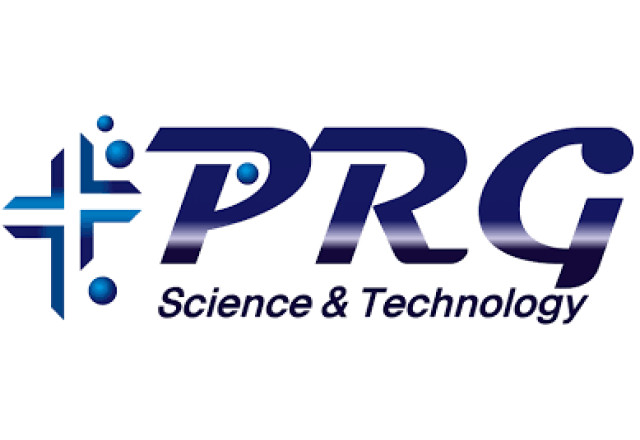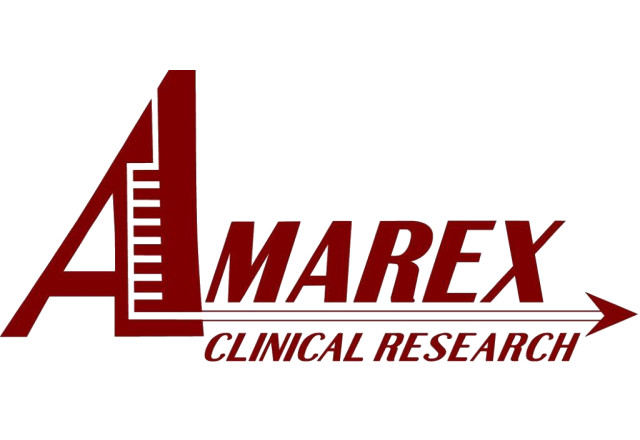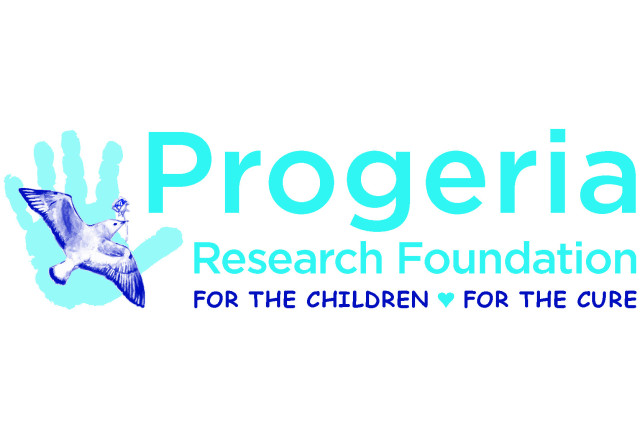US FDA Authorizes Launch of Clinical Trial to Support New Treatment Development for Progeria

New Trial to Study Progerinin Treatment for Ultra-Rare Condition
BUSAN, KOREA; PEABODY, MA; and GERMANTOWN, MD / ACCESSWIRE / October 2, 2024 / The United States Food and Drug Administration (FDA) has authorized the start of patient enrollment for a Phase 2a clinical trial of Progerinin, an investigational drug being developed for the treatment of Progeria. Advancing the development of Progerinin could potentially provide an additional treatment for this fatal disease.

Hutchinson-Gilford Progeria Syndrome (“Progeria”) is an ultra-rare, genetic, “rapid-aging” condition affecting approximately 1 in 18 million people. Without treatment, children with Progeria die of heart disease at an average age of 14.5 years old. Progeria is caused by a random genetic mutation that produces an overabundance of the toxic protein, progerin. The accumulation of progerin occurs with aging in the general population, in the cardiovascular system and elsewhere in the body, such as the skin. In children and young adults with Progeria, the rate of progerin accumulation is highly accelerated, resulting in progressive cellular damage and atherosclerotic heart disease.
Progerinin was developed by Korean-based biotech company PRG Science & Technology Co., Ltd. (PRG S&T) with research funding from The Progeria Research Foundation (PRF). The trial is a collaborative effort between PRG S&T, PRF, and trial site Boston Children’s Hospital, and will be managed by contract research organization Amarex.
In the Phase 2a randomized open label trial, Progerinin will be administered in combination with the current standard-of-care, Zokinvy, to 10 patients with Progeria and Progeroid Laminopathies (PL) who are one year of age and older. Zokinvy has been shown to increase lifespan in a Progeria mouse model by 25%, and data published in the journal Cells in April 2023 indicated that Progerinin showed a potential increase in Progeria mouse lifespan by 50%. Zokinvy works by blocking the toxic, disease-causing protein, progerin, from developing and attacking normal cells, while Progerinin appears to reduce the level of progerin that accumulates in the body. Currently, Zokinvy is the only treatment for Progeria and PL approved by the FDA (in 2020), the European Medicines Agency (EMA, in 2022) and the Japanese Ministry of Health, Labor and Welfare (MHLW, in 2024).
“Since its establishment, PRG S&T has focused on developing rare genetic disease treatments. This clinical trial demonstrates PRG S&T’s R&D capabilities to improve access to new drugs and expand treatment opportunities for children with progeria worldwide,” said Bumjoon Park, president of PRG S&T. “PRG S&T will focus on R&D and technological innovation to accelerate the development of treatments, including preparation for follow-up clinical trials, and lead to the development of new drugs.”
“This new trial represents another step forward in our mission to treat and cure these amazing children and young adults with Progeria,” said PRF Executive Director Audrey Gordon, Esq. “Each Progeria clinical trial builds on learnings from our previous trials, so that we are continually making progress toward even better treatments and the cure. Most importantly, we are grateful for the courage and resilience of these children and young adults with Progeria and their families for participating in research programs and contributing to this important mission.”
“Patients with Progeria and their families deserve more options,” said Dr. Kush Dhody, President, Amarex Clinical Research. “This is an especially devastating diagnosis given the shortened lifespan it causes. We’re honored to support a study that brings more hope to these patients.”
About Progeria
Progeria, also known as Hutchinson-Gilford Progeria Syndrome (HGPS), and PL are ultra-rare, multisystemic, premature aging diseases that accelerate mortality in young patients. Progeria is caused by a genetic mutation in the LMNA (“lamin A”) gene, and results in a disease-causing abnormal protein called progerin. There are approximately 400-450 children and young adults worldwide with Progeria. Thanks to PRF-funded research, we now know that progerin is produced in all of us as we age, but at a much lower rate than in children with Progeria. Due to this discovery of the biological connection between Progeria, heart disease and aging, finding the cure for one of the rarest diseases on earth could provide keys for treating millions of adults with heart disease and stroke associated with the natural aging process, as well as help the entire aging population.
About PRG Science & Technology Co., Ltd.
PRG S&T is a research & development company specializing in the treatment of rare genetic diseases. PRG S&T has been developing therapeutics for rare genetic diseases (laminopathies, neurodegenerative diseases, neuro-oncology etc.) with small molecules, which are derived from target sites on aberrant Protein-Protein Interactions (PPI).
All four pipelines currently in PRG S&T’s possession have been designated as orphan drugs by the US FDA. Progerinin, the investigational treatment for Progeria has been approved by the FDA to enter phase 2 clinical trials, and is about to enter Phase2 at Boston Children’s Hospital. The non-clinical study of PRG-N-01, the treatment for neurofibromatosis type2, has been completed. IND for Phase I/II of PRG-N-01 has been approved by the Korea FDA and has been administered to patients at Asan Medical Center (South Korea) in June 2024. If these two drugs, Progerinin and PRG-N-01, are developed successfully, they are expected to become first-in-class innovative new drugs. For more information, please visit www.eng.prgst.com.
About The Progeria Research Foundation
The Progeria Research Foundation (PRF) was established in 1999 by the family of Sam Berns, a child with Progeria. Within four years of its founding, the PRF Genetics Consortium discovered the Progeria gene, a collaboration led by Dr. Francis Collins, former Director of the National Institutes of Health (NIH). PRF has funded and co-coordinated all lonafarnib-associated clinical trials for Progeria and Progeroid Laminopathies, conducted at Boston Children’s Hospital, and supports scientists who conduct Progeria research worldwide.
PRF’s International Patient Registry includes over 370 children with Progeria in 70 countries. PRF is the only non-profit organization solely dedicated to finding treatments and the cure for Progeria and its aging-related conditions, including heart disease. The organization fills a void, putting these children and Progeria at the forefront of scientific efforts. For more information and to support PRF’s mission, please visit www.progeriaresearch.org.
About Amarex Clinical Research, LLC, an NSF company
Amarex Clinical Research, LLC, is a global, full-service Contract Research Organization (CRO) with significant expertise conducting biomedical research. The leadership team’s combined experience includes the design and conduct of several hundred clinical research projects in many therapeutic indications. Amarex provides services in Project Management: Phase I-IV, BE/BA, PK/PD; Regulatory Affairs: FDA Applications and meetings, applications to International Health Authorities, GxP Compliance Audits; Clinical Operations; Adaptive Study Designs; Statistical Analysis; Data Management; Medical Monitoring; Safety and Pharmacovigilance; and General Consulting. Amarex can take your product through the entire approval process, from creating the regulatory approval strategy, to conducting trials, to writing the marketing approval application. Join our growing list of clients with approved products assisted by quality, cost-efficient services. For more information visit www.amarexcro.com.
Contact Information
Eleanor Maillie
PRF
emaillie@progeriaresearch.org
978.879.9244
Sunghee Kim
PRG S&T
shkim@prgst.com
Kalli DeWeese
Amarex
kdeweese@nsf.org
Related Images
SOURCE: The Progeria Research Foundation
View the original press release on newswire.com.



